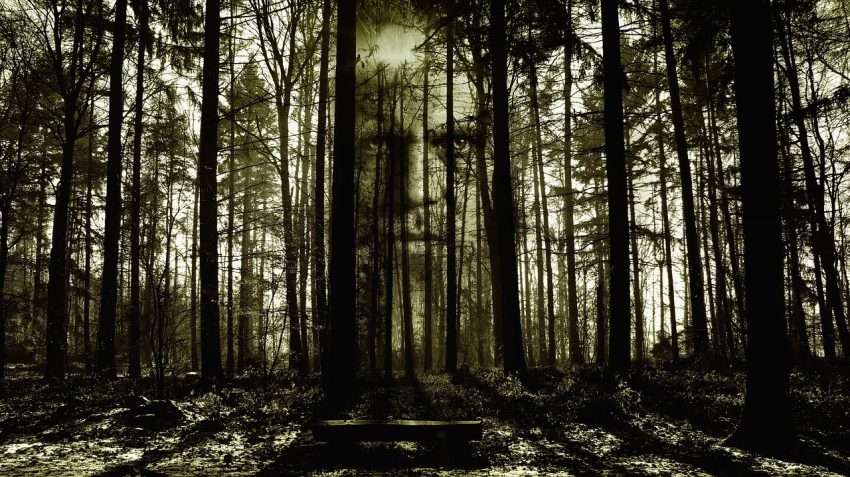James E. Hanley wonders if climate alarmism is satisfying a need for an existential crisis. After all, the impacts of climate change are not likely to be “existential.”
“[T]he most important news in terms of human well-being is very positive. Total annual climate-related deaths have declined precipitously over the past century, even as the global population has more than tripled. That’s a wealth effect, as a richer world is far more resilient to extreme weather. Even as the economic costs of events like hurricanes increase, because more people choose to live in hurricane country, the human toll continues to diminish.”
Yet anxiety over climate change continues to be extreme. Hanley, a senior policy analyst for the Empire Center for Public Policy, proposes that the anxiety fills a need:
“My tentative take on it—subject to correction by experts, as are my views on climate change itself—is that we’ve become so comfortable and so secular that people are left searching for something around which to build their identities and worldview.
“There may be a common psychological need not just for identity but for some great issue that defines an us vs. them. . . . Although this is less certain, it could be that more radical climate alarmism is positively correlated with being religiously unaffiliated. Call that a hypothesis rather than a certainty.”
Hanley’s article appears at AIER.org. The image above is by Geralt of Pixabay.

